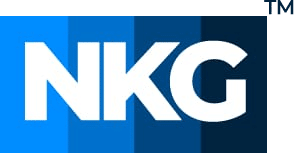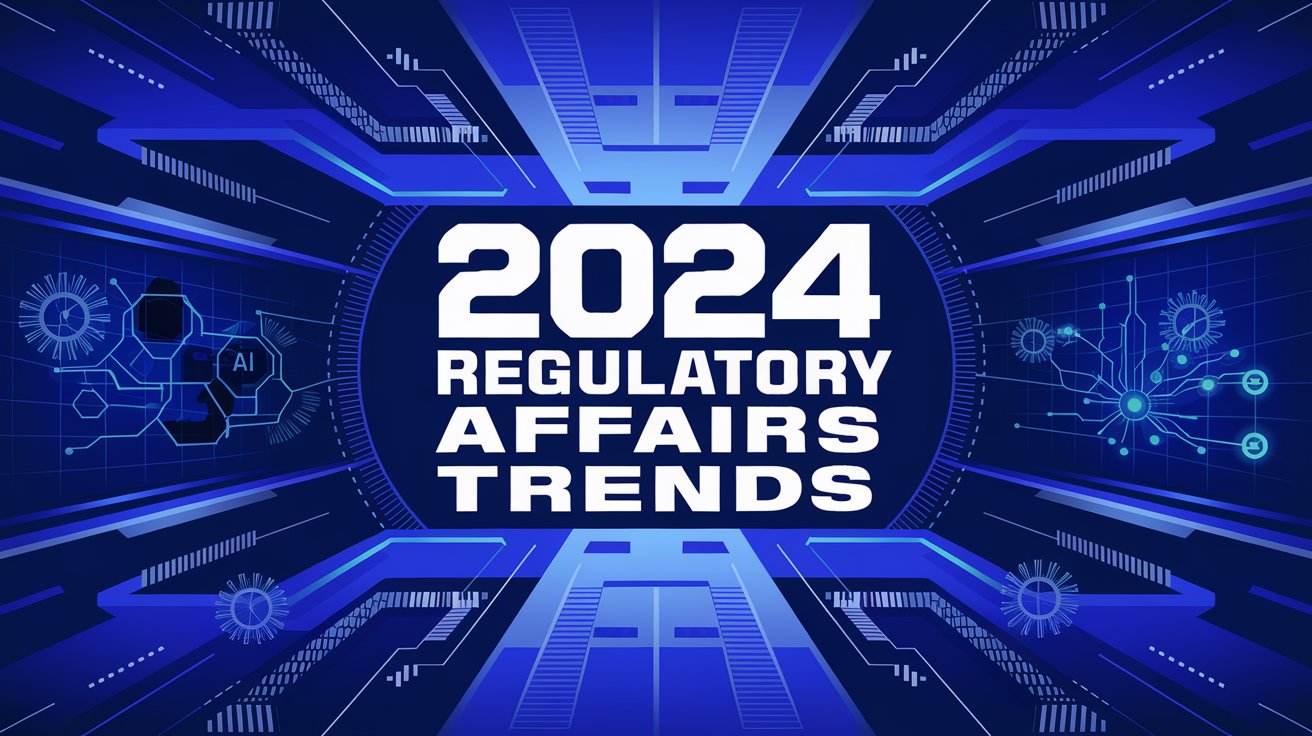Introduction:
As we step into 2024, regulatory affairs professionals are witnessing a landscape in flux, with transformative shifts driven by technological advancements, regulatory harmonization efforts, and a focus on patient-centered approaches. These changes are bringing new opportunities and challenges to the industry. Below, we explore the top trends from the 2024 RAPS Convergence, alongside broader industry insights that will shape regulatory affairs this year.
1. Digital Transformation and AI Integration
Artificial Intelligence (AI) and machine learning (ML) are taking center stage in regulatory affairs, revolutionizing operations and creating once unimaginable efficiencies. AI-driven tools are now helping companies streamline everything from data analysis to regulatory submissions, enhancing accuracy and reducing manual workloads.
Parminder Kalle from Elemed and Megha Sinha of Kamet Consulting Group shared that AI is not just improving regulatory compliance but also proactively identifying potential risks. This tech-driven transformation is allowing teams to focus on strategic goals, ultimately enabling faster and more accurate market entries.
2. Emphasis on Global Collaboration and Regulatory Harmonization
In a world that is increasingly interconnected, global collaboration is essential. Regulatory harmonization efforts across regions aim to simplify the approval process, reduce redundancy, and enable faster access to life-saving therapies. Ashley Jones-Mitchell of Accumulus Synergy noted that cross-border collaboration is key in accelerating market access worldwide.
One notable example comes from Brazil, where Patricia Luchiari Verrone emphasized the work of ANVISA in fostering stronger regulatory ties with international bodies. Such efforts are paving the way for more unified technical requirements globally, making it easier for companies to navigate the regulatory maze.
3. Navigating EU MDR and IVDR Compliance Challenges
The EU Medical Device Regulation (MDR) and In Vitro Diagnostic Regulation (IVDR) have brought about significant changes in compliance requirements. As companies work to meet these evolving regulations, they face challenges such as budget constraints and transitional delays.
Bassil Akra from AKRA TEAM underscored the importance of staying ahead of these regulations with robust strategies. With the complexity of these frameworks, companies must adopt proactive compliance measures to avoid costly delays and ensure continued market access for their products.
4. Rise of Accelerated Pathways for Advanced Therapeutics
Advanced therapies, such as gene and cell therapies, are at the forefront of medical innovation. As these therapies push the boundaries of what’s possible, regulators are responding by creating accelerated pathways to expedite their approval processes.
Angela W. Corona, PhD from BOLDSCIENCE, highlighted how collaboration between sponsors and regulatory bodies is crucial in advancing these groundbreaking treatments. The rise of such pathways ensures that life-changing therapies can reach patients more quickly, transforming the landscape for both innovators and regulators.
5. Cybersecurity in Medical Devices
With medical devices becoming more connected and data-driven, the importance of cybersecurity has never been more critical. The FDA’s recent guidance on cybersecurity is reshaping how companies protect sensitive data and ensure the safety of their devices.
Experts like Allison Komiyama, PhD, and Crew Weunski have emphasized that strong cybersecurity protocols are no longer optional but a regulatory necessity. This shift is setting the stage for a future where cybersecurity is embedded in the regulatory framework for medical devices, ensuring greater patient safety and data privacy.
6. Data-Driven Compliance and Predictive Analytics
Predictive analytics and data-driven decision-making are rapidly becoming standard practice in regulatory affairs. By leveraging data analytics, companies can monitor regulatory changes in real time, identify emerging risks, and optimize compliance processes.
Megha Sinha emphasized how data analytics is not just about managing risk; it’s about enabling smarter decision-making across regulatory teams. This trend is helping companies proactively adapt to regulatory changes, ensuring they stay ahead of the curve and avoid compliance pitfalls.
7. FDA Initiatives for Enhanced Regulatory Innovation
The FDA is playing a crucial role in promoting innovation in the regulatory space. With initiatives such as real-world evidence, platform trials, and seamless trial designs, the agency is reshaping how companies approach product development and approval.
Michelle Pernice from Fairmount Funds Management discussed how these initiatives are helping expedite the process of bringing safe, effective products to market. The FDA’s focus on fostering regulatory innovation is a game-changer for the industry, providing companies with the tools they need to be more agile in their development efforts.
8. The Shift Toward Digital Health and Telemedicine Regulations
As digital health technologies and telemedicine platforms continue to expand, regulatory bodies are creating new frameworks to manage these innovations. While these technologies offer vast opportunities to improve patient care, they also present unique challenges in terms of compliance, privacy, and safety.
With the rise of digital health tools, regulatory authorities worldwide are working to ensure that these technologies meet rigorous standards. As the landscape evolves, companies must stay informed on the latest regulations to ensure their digital health offerings comply with industry norms.
Conclusion:
2024 is shaping up to be a year of transformation in regulatory affairs. As the industry embraces cutting-edge technologies, collaborates across borders, and navigates evolving compliance standards, staying informed and agile will be essential for companies striving to remain competitive. By leveraging these trends, regulatory professionals can not only ensure compliance but also drive innovation and patient-centered solutions in healthcare.
Together, we can navigate the regulatory complexities of 2024 and turn emerging opportunities into industry-leading successes.







